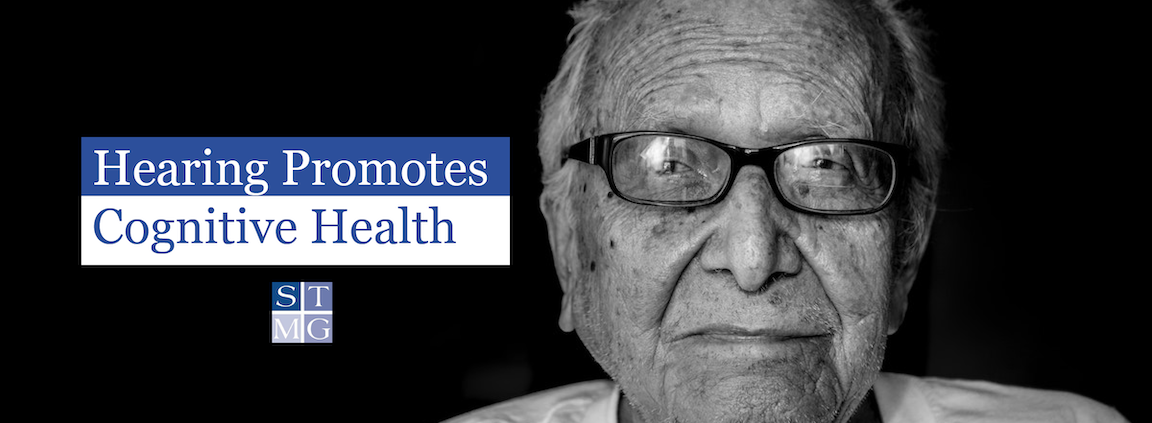Being Able to Hear Promotes Cognitive Health
Over the course of a lifetime, there are millions of reasons why you want to have the ability to hear: a beautiful piece of music, the words of a loved one, or a life-saving alarm. It’s no overstatement to say that hearing is an absolutely critical and integral part of human life.
The relationship between hearing and our overall health is highly complex, affecting the physical, mental, social, and emotional. Researchers have even pointed out a connection between hearing loss and cognitive decline, which may contribute to dementia. As it would seem, hearing – or lack of hearing – can affect our health in a multitude of ways.
Hearing Impairment & Cognitive Impairment
While a variety of studies from over the years have examined the relationship between hearing loss and cognitive health, a meta-analysis published in February 2018 examined the results of 11 studies conducted in recent years.
The meta-analysis found that older adults with moderate to severe hearing impairment had a 29 to 57 percent increased risk of cognitive impairment when compared to their peers with normal hearing.
Another study published in JAMA by researchers at Johns Hopkins notes that cognitive decline happens faster among people with hearing loss. A study of nearly 2,000 volunteers over the age of 70 found that cognitive decline occurred within an average of eight years among those with hearing impairment, while adults with normal hearing did not begin to experience cognitive decline for approximately 11 years.
The nature of the relationship between hearing impairment and cognitive impairment is not fully understood, however it may be fair to at least speculate that…
- …reduced hearing limits a person’s ability to engage in social activity.
- …hearing loss may result in less brain stimulation and engagement with the environment.
- …the extra effort directed toward attempting to hear may detract from other cognitive activities.
Can Hearing Aids Help?
Research surrounding the question of, “Do hearing aids help prevent cognitive decline?” can be a bit conflicting. Some studies have reported that hearing aids do not reduce risk, while others report that use of hearing aids can delay or prevent the development of dementia. In the case of both sides, however, it’s extremely difficult for researchers to know whether or not study participants are using their hearing aids as reported, as well as whether or not the hearing aids are properly calibrated and serving patients to the best of their potential.
Whether hearing aids reduce risk of dementia or not, there’s no arguing that their role in improving a patient’s hearing can be quite beneficial. Furthermore, it’s reasonable to believe that adults who can hear better have more opportunity to engage with other individuals and their environment, thereby stimulating the brain and cognitive activity.
Want to Learn More About Your Options for Dealing With Hearing Loss?
If you answer “yes” to any of the following questions, it may be time to schedule a hearing test.
- Are you 60 years of age or older?
- Have you recently experienced trouble with hearing?
- Do you hear sound even when no external noise is present?
Schedule an appointment with one of our audiologists at St. Thomas Medical Group in Nashville by calling +1 (615) 292-5191. There are many options available today. Much has changed in hearing aid technology – these aren’t your mother’s hearing aids! Whether you’re looking for something discreet, affordable, or powerful, our audiologists can offer assistance.
Bonus Resource: Understanding Hearing Loss
Nashville audiologists at St. Thomas Medical Group have created this guide to help patients understand how hearing works, as well as some of the distinctions between different types of hearing loss.



